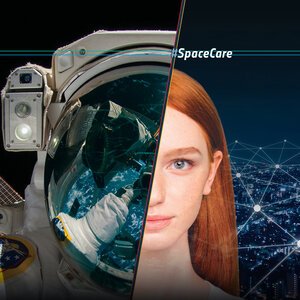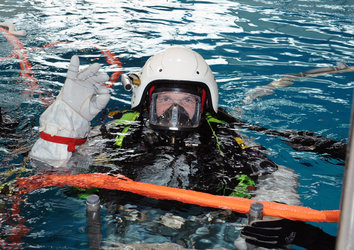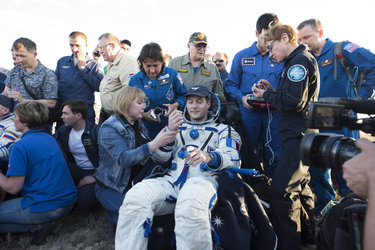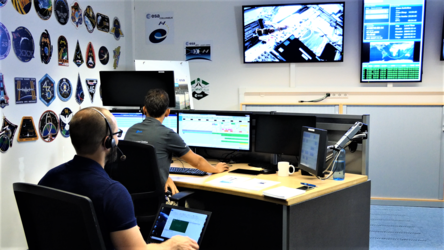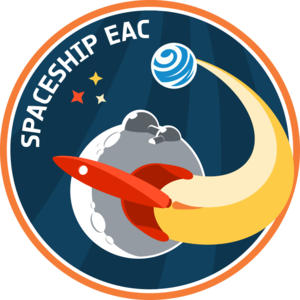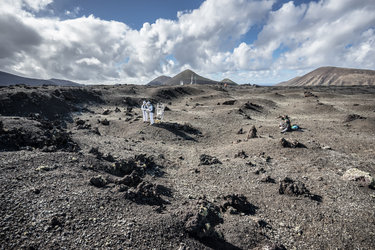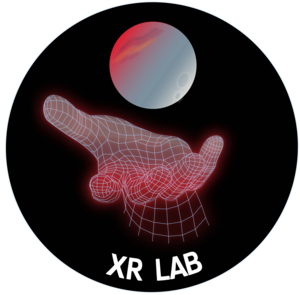EAC Frequently Asked Questions
Q. Is it possible to visit the European Astronaut Centre?
You can request a guided tour of the European Astronaut Centre. Tours are organised by our partner on site, German Aerospace Center DLR and are scheduled between Tuesday and Friday during regular business hours. It is not possible to visit EAC on the weekend.
Find out more and secure your spot via the DLR website.
Q. How can I invite an astronaut to my public event or request an interview?
Due to the high demand for ESA astronauts and the need to prioritise training, we are unable to fulfil every request for an astronaut appearance or interview. However, we do have a number of other interesting spokespeople who may be able to assist. Should you wish to interview or invite an ESA astronaut or other ESA spokesperson to your event, please do so via our Paros system.
Q. Can I use ESA's photo and video material?
Please see our general terms and conditions for further information on the use of ESA images.
Q. How can I become an astronaut?
Applications for ESA's 2021-22 astronaut vacancies have now closed and ESA is working through the selection process. However, there are many more space careers for which you can apply. See details of the current selection process and astronaut requirements here.
Q. What is the history of the European Astronaut Centre?
The European Astronaut Centre was established in 1990 and initially formed the home base for ESA’s first three astronauts Claude Nicollier (CH), Wubbo Ockels (NL) and Ulf Merbold (DE).
In 1998, ESA joined forces with national astronaut teams to form a single European Astronaut Corps that reinforced the European identity. By 2002 the Corps had grown to include 16 astronauts all based at EAC in Cologne, Germany.
Q. Can I apply for a school or university placement?
The European Astronaut Centre offers a limited number of placements for school and university students. Find out more about educational opportunities at ESA here. Specific information on EAC internships is available here.
Q. Can I apply for a job with ESA?
More information about ESA’s recruitment process, career opportunities and vacancies is available via the Careers section of our site.
Q. I am a media representative/journalist/reporter – how can I contact the EAC Communication Team?
Please refer to our Public Relations, Communications and Media page.
Q. Can I do my master’s thesis with the European Astronaut Centre?
The European Astronaut Centre cannot support master’s or bachelor’s theses. Please enquire at one of your national universities involved in space programmes. You could also consider the International Space University.
Q. Can I partner with the European Astronaut Centre for business or other commercial partnerships?
ESA is eager to expand its collaboration with industry, and business opportunities are released regularly. For more information about business and commercial opportunities, please see this section of the ESA website. For media or brand partnerships please read on here.
Q. Can ESA help me with my school project or homework?
While we cannot do your homework for you, ESA does have online resources in most European languages that can provide background information for school work.
You will find plenty of great information on the ESA Kids and Education websites as well as informative videos on ESA’s YouTube channel. You can also find out more about the International Space Station, as well as the latest news on experiments and research on the Human and Robotic Exploration section of this site.
Q. I saw something in the night sky, probably a fireball. Is ESA interested in such observations?
You may report your sighting here.
Q. Can I see the International Space Station from my home town?
Most probably, yes. You can see where the International Space Station is at any time using ESA’s International Space Station tracker or NASA’s Spot the Station.
Q. My question was not in this list, what should I do?
For more general questions and answers about ESA, please see the complete list of frequently asked questions here.







